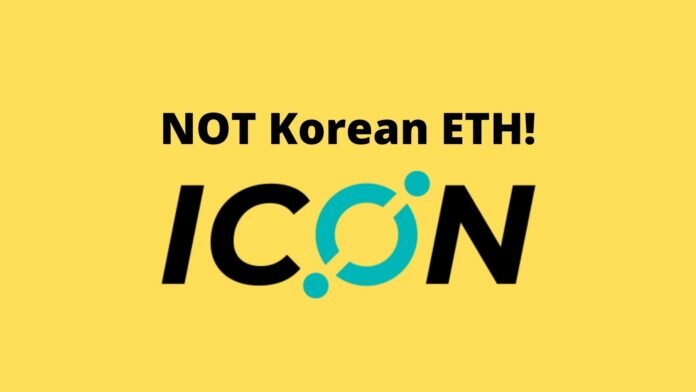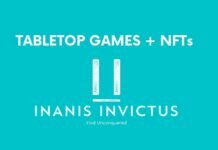The ICON Foundation’s Min Kim wants us to know Ethereum is NOT the “Korean Ethereum.”
On Twitter, he writes:
“An exchange first used this slogan when listing $ICX and it caught on. In reality, it couldn’t be further from the truth. Altho it could be seen as a compliment, it also carries a stigma of being an ETH copy. ICON is different.”
Min points to several reasons WHY the “Korean Ethereum” label does ICON little justice:
- The tech is different. ICON is NOT an Ethereum fork, but built from the ground up with Golang (well, now Golang. Previously loopchain).
- ICON uses the DPoS consensus mechanism. Ethereum is currently PoW, but moving to PoS.
- ICON smart contracts run in Java on the Java Virtual Machine. Ethereum smart contracts run in Solidity on the Ethereum Virtual Machine.
- Differing strategies.
- ICON has no interest in stealing Ethereum users. Instead, ICON is about “growing the pie.”
- ICON also targets the “large and underserved” Java community, with Min noting that global enterprises prefer the Java Virtual Machine.
- Min also says ICON SDK will offer a “compelling alternative” to launch new chains.
- ICON and Ethereum have different end goals. ICON is a chain-agnostic network that ultimately seeks interoperability.
- Min says, “Anyone using ICON’s tech to build a dapp or launch a new chain will automatically have interoperability in the package.”
- Ethereum, meanwhile, believes the future is multichain, but not interchain.
“ICON is unique,” writes Min. “ICON will have a place somewhere in the ever-growing multi-chain metaverse bc we are built different and offer something different.”
He also admonishes, “Ppl who argue that ICON is TOO LATE into the bridging game do not understand how big this multi-chain future will be.”
OK, about the “Korean Ethereum” thing. Major international crypto media have used it. We’ve used it.
Heck, even Min used to feel a lot better about the comparison way back when.
While the comparison is largely complementary and was probably helpful in marketing the project in its early stages, it’s also a lazy journalistic convention to give people a quicker picture of the project.
Most people know Bitcoin and Ethereum, making them useful reference points.
ICON runs smart contracts. Ethereum runs smart contracts. So if you’re a journalist, you could spend 100 or so words in your lede trying to come up with a creative and more accurate explanation of what ICON is.
Or you could call it “Korean Ethereum.”
When you’ve got a word limit and a deadline, the temptation is to go with the later.
Still, comparing ICON with Ethereum tells us very little, other than they share certain very basic features also shared by countless other blockchains — smart contracts, decentralized governance, DApps, DeFi and NFT platforms, etc.
And Min’s right that making the comparison runs the risk of people writing ICON off as nothing more than an Ethereum clone. As Min writes, nothing could be further from the truth. But messaging matters.
So let’s stop saying “Korean Ethereum.”
Speaking of messaging, we would again redirect you to a recent post on ICON’s changing terminology.









